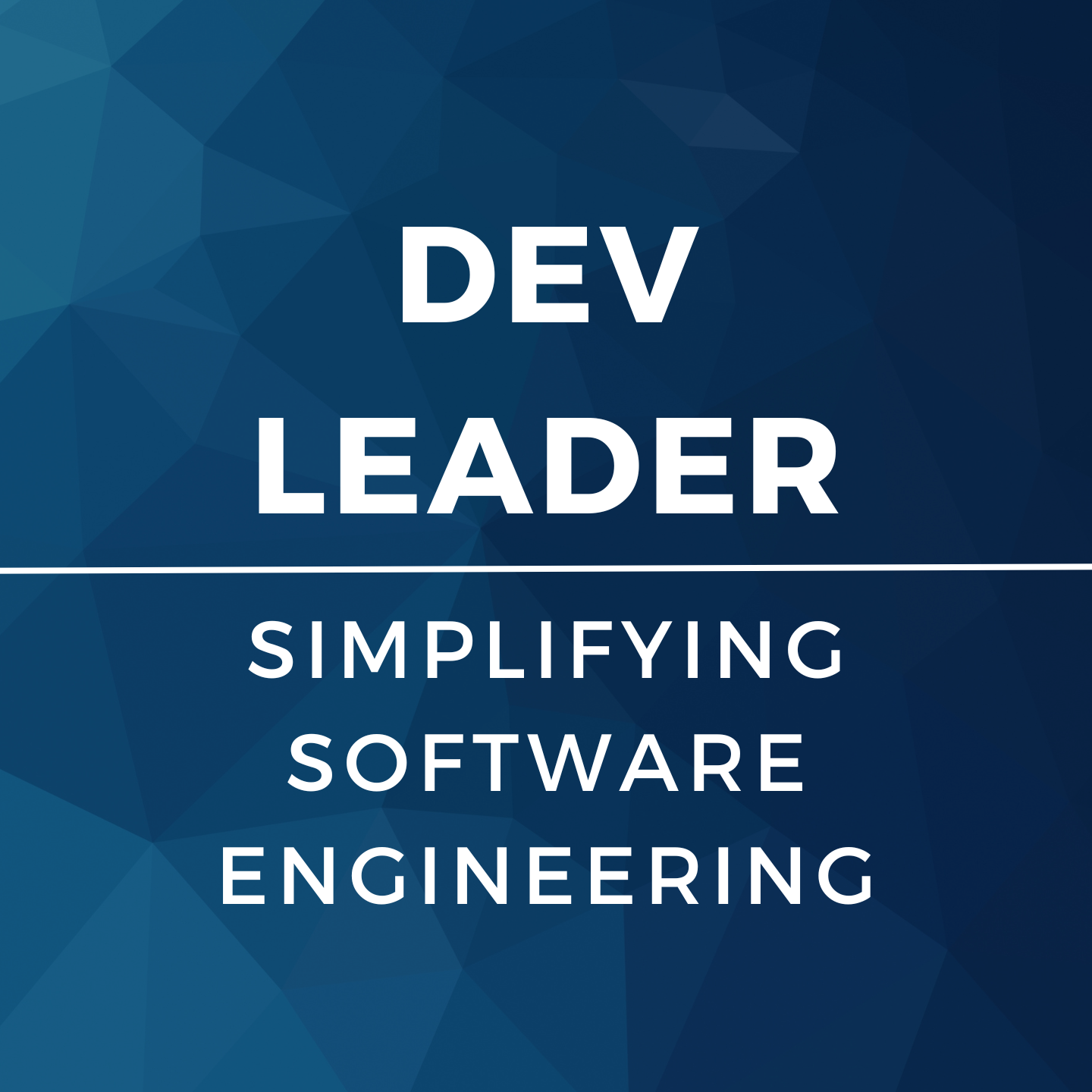All posts with Tag pros
Tests: A Quick Overview on Unit vs Functional Testing
Unit tests or functional tests? What's the difference and which ones should you be using? Find out in this super quick compare-and-contrast!
What Makes Good Code? - Should Every Class Have An Interface? Pt 2
API: Top-Down? Bottom-Up? Somewhere in the Middle?
ProjectXyz: Enforcing Interfaces (Part 2)
Continuous Improvement - How I Tweaked One on Ones
Continuous improvement involves making small changes over time to adapt your process. See how I've been adapting my one on ones with my team for the better.
Yield! Reconsidering APIs with Collections
Singleton Design Pattern - Uncovering Why Singletons Are "Bad"
Everyone always says singletons are bad, but I don't think they are inherently evil. What are some of the major issues with singletons?
Singleton Design Pattern - How To Structure Your Singletons
Several examples in C# for how you can structure code to meet the singleton design pattern. Check it out before using singletons next!



